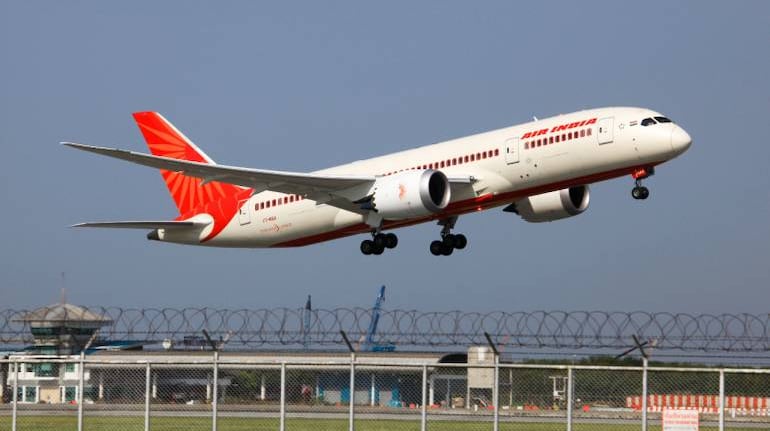



In December last year, during my most recent visit to India, I had a chance to travel to two cities apart from Delhi. It was difficult to miss the energy at Indian airports, especially those terminals that cater exclusively to domestic passengers.
The experience at the Delhi airport made it visibly clear that India’s aviation sector was doing visibly well – both in absolute terms and also relative to their international peers. This should not come as a surprise given that India is back to being the world’s fastest growing major economy.
Tata Deal’s Significance
In the current financial year, India would add disproportionately to the global GDP due to its higher growth rate and it will very likely continue to punch above its weight over the coming few years. To put things in perspective, this could prove to be the first decade where India’s growth rate is close to 50 per cent higher than China’s growth rate, if not more.
A lot of this narrative is often missing from Indian commentators – however, the recent purchase by Tata of 470 airplanes has made it nearly impossible to ignore the economic momentum underway in India. The importance of this purchase can be gauged from the fact that Air India, a struggling airline under the Government of India has finally found the necessary source of financing to undertake such a massive purchase.
Learn From AI Privatisation
Sure, the Tata brand adds credibility making it easier for Air India to raise capital – but even then, we must introspect at the missed opportunity – and missed tax payer resources that were directed towards running Air India. Those tax resources could have built countless airports, highways, hospitals, schools and other public institutions. The cherry on top would have been that India could boast of having a truly world class airline that competed with the best in terms of its service.
A frequent flyer from New York, I appreciate the time slot offered by the Air India direct flight to New Delhi. Yet, many prefer other airlines with layovers in the Middle East simply because they offer a better quality of service. The recent purchase by Air India makes it amply clear that it is aiming for the big guys and with premium slots in key routes, it can certainly make its presence felt over the coming decade.
In many ways, Air India’s journey going forward should at the minimum reduce our reluctance to let private people run businesses. Between state and union governments, we have over a thousand PSUs that are better off if handed over to the private sector. This should have been the underlying narrative that would have helped inform India’s taxpayers that they must be vocal about their tax funds being deployed to run sick PSUs.
India’s Clout Grows
There is an equally important narrative here which pertains to deepening of India’s economic relations with the US. The order to Boeing was substantial enough that the President of the US Joe Biden issued a statement on one million jobs being created in the US because of this order. This too was a historic first and reflects the important role of India and its economy going forward.
Indian corporations have over the years created employment for US residents, however, this happens to be an occasion where a lot of the jobs created will be created for servicing an order which will be consumed by an Indian company. Incidentally, it may also provide for an interesting vertical integration for Tata which already has a joint venture with Boeing.
A key takeaway is that India’s economic growth is at a point where the global economy is coupled with it. Higher economic growth in India is having positive spillover effects being felt in different parts of the world. This puts India at an interesting position among large emerging markets as the only other country to have enjoyed such a privilege has been China. That it might now grow at a faster pace than China makes for an interesting story in itself.
Karan Bhasin is a New York-based economist. Twitter: @karanbhasin95. Views are personal, and do not represent the stand of this publication.
Discover the latest Business News, Sensex, and Nifty updates. Obtain Personal Finance insights, tax queries, and expert opinions on Moneycontrol or download the Moneycontrol App to stay updated!
Find the best of Al News in one place, specially curated for you every weekend.
Stay on top of the latest tech trends and biggest startup news.